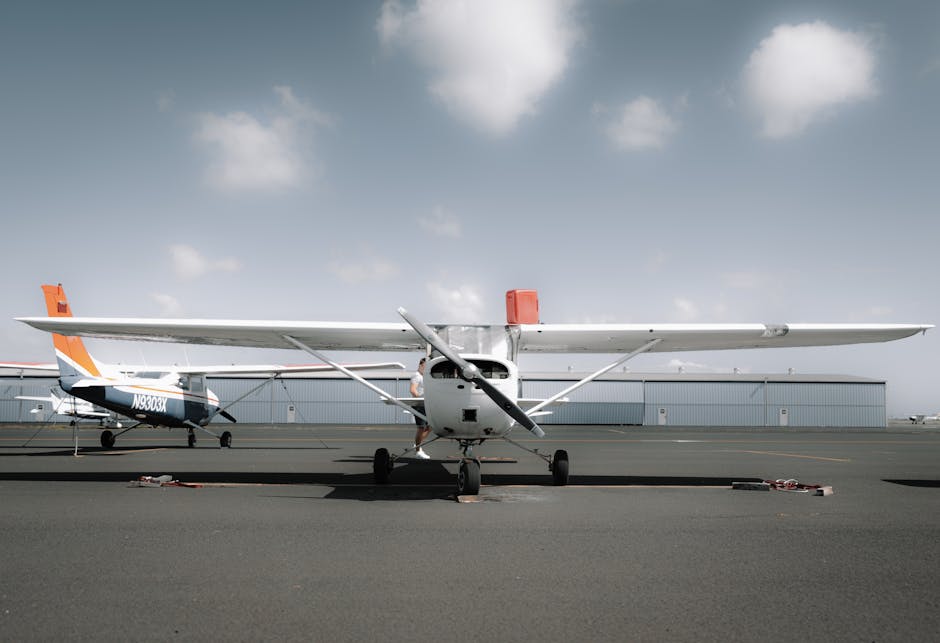Overview of Offshore Helicopter Services
Overview of Offshore Helicopter Services
Blog Article

In today’s fast-paced world, offshore helicopter services have become an essential component for industries like oil and gas, medical emergencies, and logistical support to remote locations. These helicopters provide a vital link between land and offshore platforms, ensuring that personnel and supplies can be transported efficiently and safely. As the demand for energy and resources grows, understanding the nuances of offshore helicopter operations is increasingly important for businesses and individuals alike.
Overview of Offshore Helicopter Services
Offshore helicopter services encompass a wide range of operations designed to support various industries. The most common use is for transporting workers to and from offshore oil rigs, where timely and safe transportation can often be a matter of life and death. These helicopters are equipped to handle the challenging conditions of offshore environments, including adverse weather and rough seas, making them a reliable choice for companies operating in remote areas.
In addition to personnel transport, offshore helicopter services often include cargo delivery, emergency medical evacuation (EME), and search and rescue operations. The versatility of these helicopters allows them to be used for transporting equipment, food supplies, and other materials critical to maintaining operations on offshore platforms. Many service providers also offer tailored solutions to meet specific operational needs, ensuring that clients receive the most efficient and effective support possible.
Safety Protocols in Offshore Helicopter Transportation
Safety is paramount in offshore helicopter transportation, given the inherent risks associated with flying over water and landing on platforms. Service providers adhere to stringent safety protocols to mitigate these risks. This includes regular maintenance and inspections of helicopters, thorough training for pilots and crew, and strict adherence to aviation regulations.
Before each flight, a comprehensive safety briefing is conducted for all passengers, covering essential safety procedures, emergency protocols, and equipment usage. Passengers are typically required to wear life vests during the flight, and many helicopters are equipped with flotation devices and emergency beacons. Additionally, many operators conduct regular safety drills to ensure that both crew and passengers are prepared for any unexpected situations.
Another critical aspect of safety is the use of advanced navigation and communication technology. Modern offshore helicopters are equipped with sophisticated avionics systems that enhance flight safety and operational efficiency. These systems provide real-time weather updates, terrain mapping, and communication with ground control, allowing pilots to make informed decisions throughout the flight.
How to Book an Offshore Helicopter Flight
Booking an offshore helicopter flight may seem daunting, but it can be a straightforward process if you know what to look for. Here are some steps to guide you through the booking process:
- Research Service Providers: Start by researching reputable offshore helicopter service providers. Look for companies with a strong safety record, positive customer reviews, and the necessary certifications. It’s beneficial to choose a provider that specializes in the type of service you require, whether it’s personnel transport, cargo delivery, or emergency services.
- Understand Pricing: Pricing can vary significantly based on the distance, type of helicopter, and specific services offered. Request detailed quotes and clarify what is included in the price. Some companies may offer package deals for regular flights, which can be more cost-effective.
- Check Availability: Given the demand for offshore helicopter services, it’s essential to check availability early, especially if you have specific travel dates. Some operators may have more flexible schedules than others, so don’t hesitate to ask about their operational capacity.
- Prepare for Your Flight: Once you’ve booked your flight, make sure you understand the requirements. This may include providing identification, adhering to baggage restrictions, and participating in safety briefings. Arriving early at the departure point can help ensure a smooth experience.
In summary, offshore helicopter services play a critical role in various industries by providing reliable transportation to remote locations. Understanding the available services, adhering to safety protocols, and knowing how to book a flight can greatly enhance your offshore travel experience. Whether you are a seasoned professional or new to the industry, being informed is key to making the most of these essential services. For more information on various helicopter options and services, you can explore helicopter services for offshore operations.
Report this page